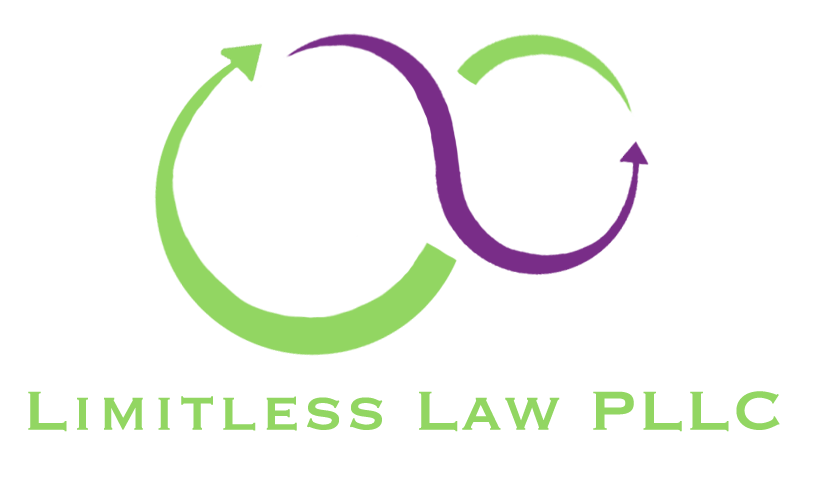Client Login
×Sign up to receive our Top Estate Planning Tips!
Sign Up to Receive Our Top Estate Planning Tips!
We will get back to you as soon as possible.
Please try again later.
TESTIMONIALS
– Elizabeth, a business client
–Charles Kirk
– Katherine, an estate planning client
If I die, what happens to my small business? Estate planning for business owners
Unlike most of your personal belongings, your ownership interest in a small business is not easily addressed through basic estate planning, and special attention should be paid to how you would like your business handled if anything should happen to you, as the owner.
If you own a sole proprietorship, your business and your personal assets are considered one and the same for most legal purposes. As a result, when the owner of a sole proprietorship business dies, although your executor can sell the assets of the business, the business itself also dies, in a sense. If you do not have a will, the assets of the business, which are considered your assets, are distributed according to state probate law.
Unlike sole proprietorships, corporations do not die automatically when a business owner dies. Instead, when a corporation owner dies, their estate becomes the new owner of the business. This could result in your executor being responsible with managing not only decisions for your estate but also your business. Eventually, your ownership in a small corporation would likely be distributed to your heirs or sold to generate income for your family.
LLCs are organized under the terms of an operating agreement, and an LLC’s operating agreement should specify what will happen in the event an LLC owner dies. If the operating agreement allows for the LLC to continue after the death of an owner, the surviving owners could vote to buy-out the deceased member’s ownership or add in a new owner in their place. If you are the only owner of your LLC, you may run into the same problems as a sole proprietorship, where your personal representative does not know enough about the day to day activities of your business to keep it up and running after you are gone.
If your business is part of the legacy you want to leave to your loved ones, a possible solution is including a specific gift of your business, or its assets, to someone you trust to handle the business, in your Last Will. You might also consider placing your business ownership in a testamentary trust so that your trustee can be responsible for managing the business while any profits are distributed to your heirs.
In addition to making certain that the assets of your business and your business itself are distributed according to your wishes, you also need to consider how your estate will handle the debts you have acquired as part of your business. If your business has high overhead expenses or a lot of debts and obligations, you may want to consider investing in specialized business insurance called “Keyholder” or business buyout insurance. This insurance is similar to life insurance, except that the company purchases a life insurance policy on its key employee (or employees), pays the premiums and is the beneficiary of the policy. If that important worker unexpectedly dies, the company receives the insurance benefits. The company can use the insurance proceeds to cover expenses or, if necessary, pay off debts, distribute money to investors, pay severance to employees and close the business down in an orderly manner.
Limitless Law PLLC is here to help if you have any legal questions about your Washington State business or estate planning. If you are interested in discussing the connection between your estate planning and your business, we welcome you to contact Limitless Law PLLC at 360-685-0145.
The post If I die, what happens to my small business? Estate planning for business owners appeared first on Limitless Law PLLC.
TESTIMONIALS
–Charles Kirk
– Elizabeth, a business client
– Katherine, an estate planning client
Sign up to receive our Top Estate Planning Tips!
Sign Up to Receive Our Top Estate Planning Tips!
Thanks for joining our mailing list. Click the button below to download our Top Estate Planning Tips PDF.
Please try again later.
© 2023 Limitless Law PLLC. All Rights Reserved. Privacy Policy Terms & Conditions






